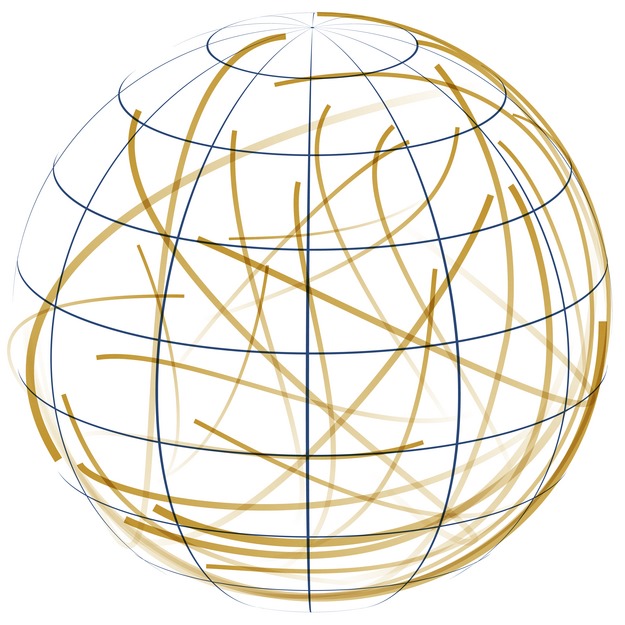ASTANA – Kazakhstan has secured a place among the world’s middle powers for the first time, joining the ranks of countries such as India, Israel, and Türkiye, according to a comprehensive compilation of articles published by the German Institute for International and Security Affairs (SWP) on Jan. 23.

Photo credit: swp-berlin.org
The middle powers concept refers to countries that play an important role in the global political and economic arena. SWP experts singled out Kazakhstan for its foreign policy, positioning it as a Central Asian key player.
Kazakhstan has been gradually developing economic relations with both Western nations and China, particularly in the raw materials sector.
Amid the advantageous position of neighboring Russia and China, Kazakhstan’s foreign policy mission focuses on balancing the influence of these regional powers through the widest possible range of external relations, allowing for maximum flexibility.
Experts recognized that Kazakhstan has realized its international ambitions early, chairing the Organization for Security and Cooperation in Europe in 2010 and the United Nations Security Council.
The article also mentioned the country’s mediation efforts in the Astana process to resolve the situation in Syria and membership in several other influential organizations in Eurasia.
Regarding partner diversification, Kazakhstan has also welcomed Western investors since the 1990s, primarily to explore its rich oil reserves, unlike neighboring Central Asian markets.
The European Union (EU) stands as Kazakhstan’s largest foreign investor and important economic partner, accounting for 40% of the country’s foreign trade.
Experts are also interested in the fact that Kazakhstan, in its quest for diversification, relies not only on China’s Silk Road initiative but also on the EU’s Global Gateway strategy. The country underscores its geographical and historical role as a “bridge between East and West.”
Kazakhstan increasingly asserts itself as a key player in the oil and gas sector and renewable energy sources. Germany is exploring the possibility of a hydrogen partnership, which in the coming years could provide Kazakhstan and some other countries with market power that can easily be associated with the influence of the Persian Gulf countries in the oil sector.
As such, Kazakhstan should be ready for energy transformation to take its rightful place at the right time comfortably.
The country is anticipated to appear on the EU information agenda more often not only as a new economic and political partner but also as a platform for investment.
President Kassym-Jomart Tokayev’s visits in 2023 have begun to solidify Kazakhstan’s image as a sovereign state, confidently defending its interests beyond ideological principles and ready to take responsibility where diplomacy is required.

